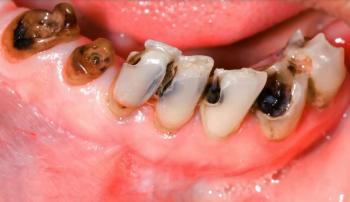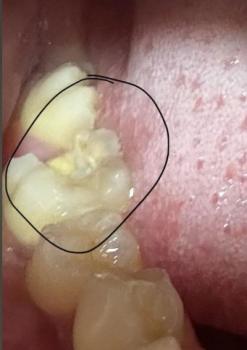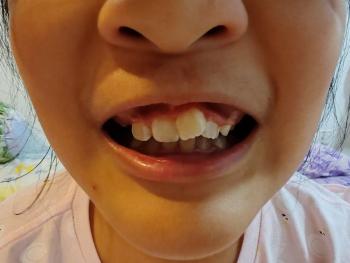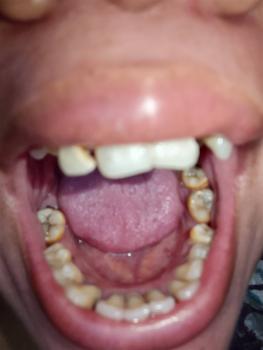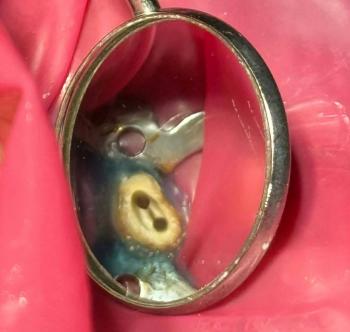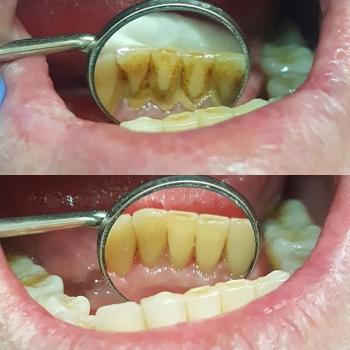From Pain to Perfect — We Care for Your Smile.
Oral Papilloma: Symptoms and Treatment in the Philippines | Tony's Story
Language :
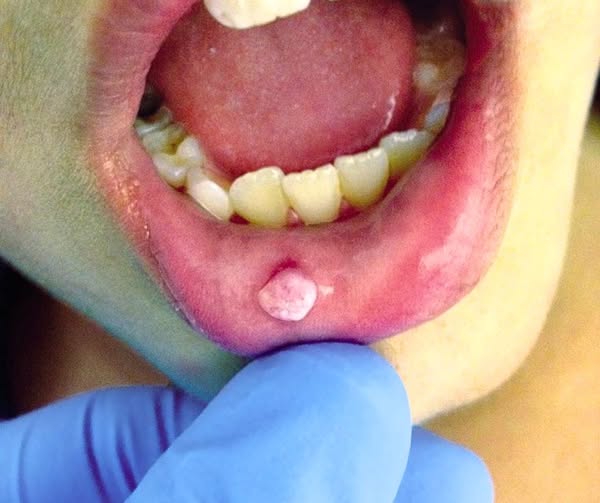
Topics:
More Than Just a Festive Ouch: When a Bitten Tongue in Manila Leads to a Dental Discovery
The Philippines is a country of vibrant, heart-pounding celebrations. From the rhythmic dancing of the Ati-Atihan to the flower-filled spectacle of Flores de Mayo, our fiestas are a feast for the senses. But sometimes, amidst the joy and chaos, a simple accident can lead to an unexpected health wake-up call.
This is the story of Tony, a story that might feel familiar to many of us who have ever accidentally bitten our own lips or tongue in a moment of excitement or carelessness.
The Fiesta Mishap
It was the height of the Sinulog Festival in Manila. The streets were pulsating with energy—drums beating, voices shouting "Pit Señor!", and crowds moving in a dynamic, joyful wave. Tony, caught in the euphoria, was dancing with his friends, a cold San Miguel in hand.
As a colorful float passed by, someone jostled him from behind. The sudden push was forceful. Tony’s jaw clamped shut involuntarily, and he felt a sharp, searing pain. He had accidentally bitten his tongue and the inside of his lower lip—hard.
The metallic taste of blood filled his mouth. His friends, noticing his pained expression, rushed him to the side. After rinsing with some water, the bleeding subsided. It was just a nasty bite, he reasoned. A common battle scar from a great fiesta. He shrugged it off, the adrenaline of the festival quickly numbing the discomfort.
The Lingering Aftermath
Over the next few weeks, the small ulcers from the bite on his cheek and tongue healed, as mouth sores usually do. But Tony noticed something different. On the side of his tongue where he had bitten himself, a small, strange bump remained. It wasn't painful, but it was persistent. It felt rough, almost like a tiny cauliflower.
He kept forgetting about it, until one day during dinner, he bit down on it. The sudden shock and minor bleeding were a stark reminder that something wasn't right. This was no longer just a healing wound; it was a growth. Worried, he finally booked an appointment with his dentist.
The Dental Diagnosis: A Lesson in Oral Health
After a careful examination, Tony’s dentist delivered the news: it was an oral papilloma.
Tony’s heart sank at the sound of it. His dentist quickly reassured him. An oral papilloma is a benign (non-cancerous) lesion caused by the Human Papillomavirus (HPV). It often appears exactly as Tony described: a small, painless, cauliflower-like growth on the lips, tongue, or inner cheeks.
The dentist explained that the initial trauma from the festival bite likely created a point of entry for the HPV virus, which is very common and often already present on the skin or in the mouth, waiting for a small break in the mucosa to cause a growth.
"While it is not usually dangerous," the dentist emphasized, "it should always be evaluated by a professional to confirm the diagnosis and rule out anything more serious."
Why You Should Never Neglect a Mouth Sore
Tony’s story highlights a crucial dental health lesson. Many of us dismiss bites, cuts, or strange bumps in our mouths, thinking they’ll just go away. But here’s why you shouldn’t:
-
Diagnosis is Key: What looks like a harmless papilloma to you could be something else. Only a dentist can provide a proper diagnosis.
-
Prevention of Growth: Left unchecked, a papilloma can grow larger, making it more prone to being accidentally bitten and irritated, just like Tony experienced.
-
Simple Treatment: The solution for Tony was straightforward. The dentist performed a minor, painless procedure to remove the papilloma and sent the tissue for a biopsy to confirm it was benign. The entire process was quick, and recovery was swift.
Your Takeaway: Celebrate, But Be Mindful
Life in the Philippines is full of wonderful, unpredictable moments. A minor accident like biting your lip or tongue can happen to anyone, anywhere. But if you notice that a sore isn’t healing normally, or a new, unusual growth appears—especially after an injury—don’t fall into the trap of "bahala na" (come what may).
Listen to what your mouth is telling you. Schedule a visit with your dentist for an early assessment. It’s a simple step that ensures your oral health stays as vibrant as the festivals we love, letting you smile with confidence through every celebration.

